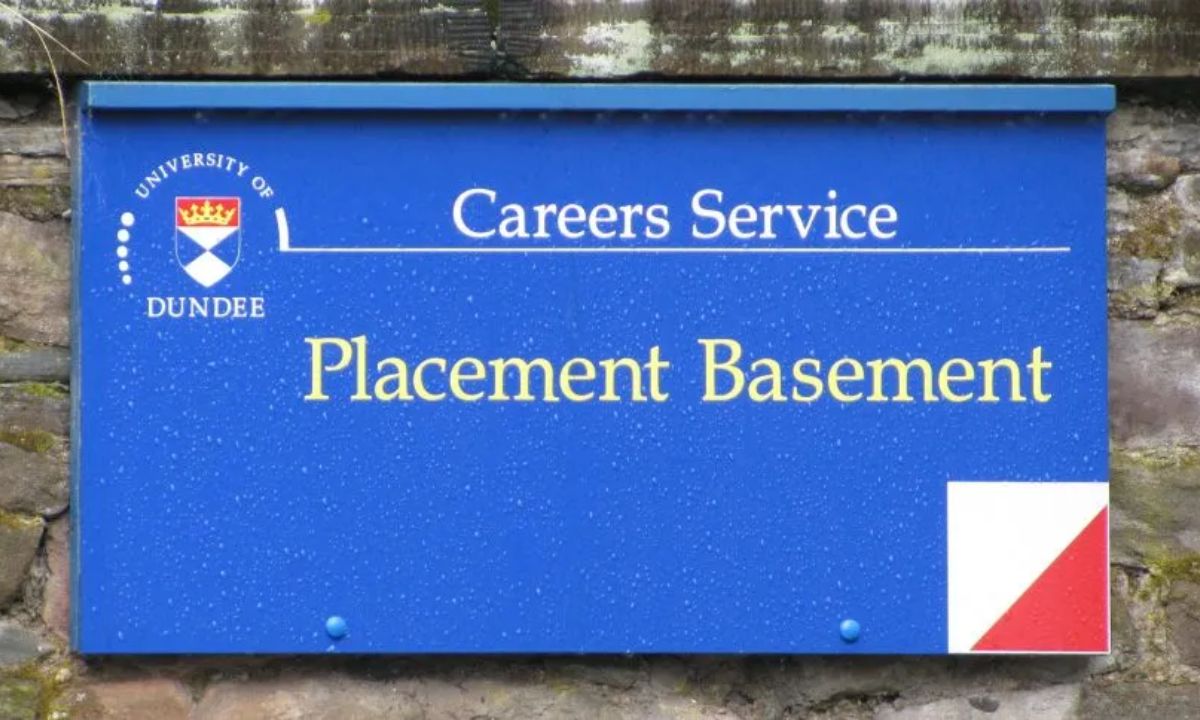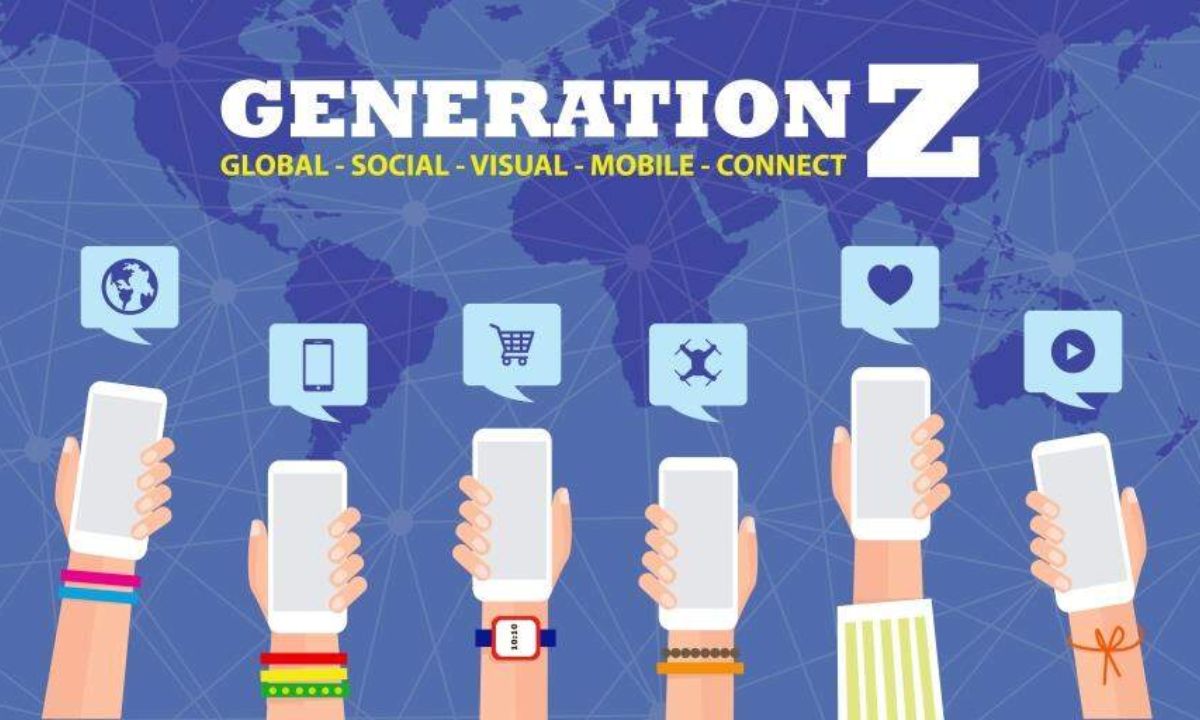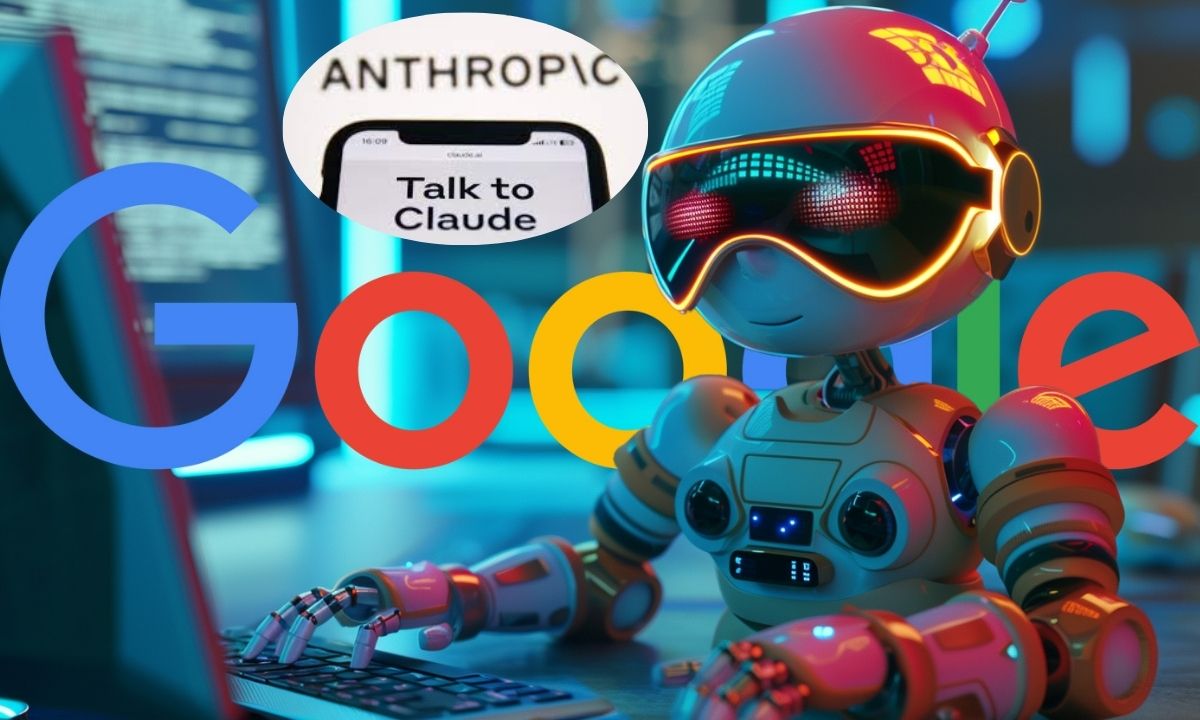A recent study by TonerGiant has revealed that 36% of jobseekers in the UK are using AI tools to create their CVs and cover letters. This statistic highlights a significant shift towards using technology in the job application process. Surprisingly, 24% of these jobseekers don’t bother correcting any errors made by AI, showing a growing reliance on the technology without concern for accuracy.
The Role of AI in Job Applications
AI as a Tool for Jobseekers
AI-generated CVs are becoming more common, especially among younger individuals and those in urban areas. The study found that regions like the West Midlands saw half of respondents using AI for job applications, while only 23% of people in the South West relied on AI for the same purpose.
Men were found to be more likely to use AI for job applications than women, with 41% of men considering it compared to 32% of women. This trend suggests that AI tools are becoming a popular choice for people looking to streamline the job application process.
The Ethical Implications of AI in Job Applications
The Dilemma of AI-Generated Errors
One key issue that emerged from the study is the lack of attention to AI-generated errors. In regions like Yorkshire and Northern Ireland, jobseekers were most likely to send AI-created CVs without correcting any mistakes. This raises concerns about the accuracy and integrity of recruitment processes, as employers may be receiving false information in applications.
In contrast, regions like Wales and the South East were more diligent, with applicants more likely to correct AI errors. This regional divide emphasizes the need for jobseekers to take responsibility for the content AI generates.
AI in the Workplace Beyond Job Applications
AI for Pay Rise Requests and Resignations
AI isn’t just being used in job applications. TonerGiant’s research also found that many workers are turning to AI for writing important workplace communications. Around 25% of employees said they would consider using AI to request a pay rise or even write their resignation letter. This indicates how AI is becoming a tool for handling sensitive and often emotionally-charged workplace situations.
The Role of AI in HR Departments
AI Enhances Recruitment Efficiency
On the other side of the job application process, AI is also being adopted by HR departments. AI-powered tools help HR teams streamline candidate screening, making it easier to handle large volumes of CVs. According to Sage, these tools free up time for HR professionals to focus on the strategic aspects of recruitment, rather than manually sifting through applications.
Recruitment agencies are also leveraging AI to reduce manual tasks, save time, and improve efficiency. Some agencies report saving over $1,500 weekly by using AI to process job applications, significantly increasing their capacity to handle more candidates.
The Rise of ‘Prompt Engineers’
A New Profession in the AI World
As AI becomes more integrated into the job application and recruitment process, a new profession has emerged: the prompt engineer. These professionals are skilled at crafting prompts that help AI systems generate the desired output. Some companies now hire prompt engineers to teach AI how to produce content that meets specific needs. While this profession is still in its infancy, it highlights the increasing demand for human expertise in guiding AI systems.
The Future of AI in Job Applications
Trust and Credibility Concerns
The widespread use of AI in job applications raises important questions about trust, credibility, and authenticity. As more jobseekers turn to AI for help, it may become harder for employers to distinguish between genuine applicants and those relying too heavily on AI. The TonerGiant study suggests that jobseekers may need to reconsider their approach, balancing the convenience of AI with the need for personal responsibility in professional communications.
While AI is set to revolutionize the job application process, it also brings ethical and practical challenges. As jobseekers increasingly use AI tools, it’s essential to ensure that the information provided is accurate and authentic, and that the integrity of the recruitment process is maintained.






